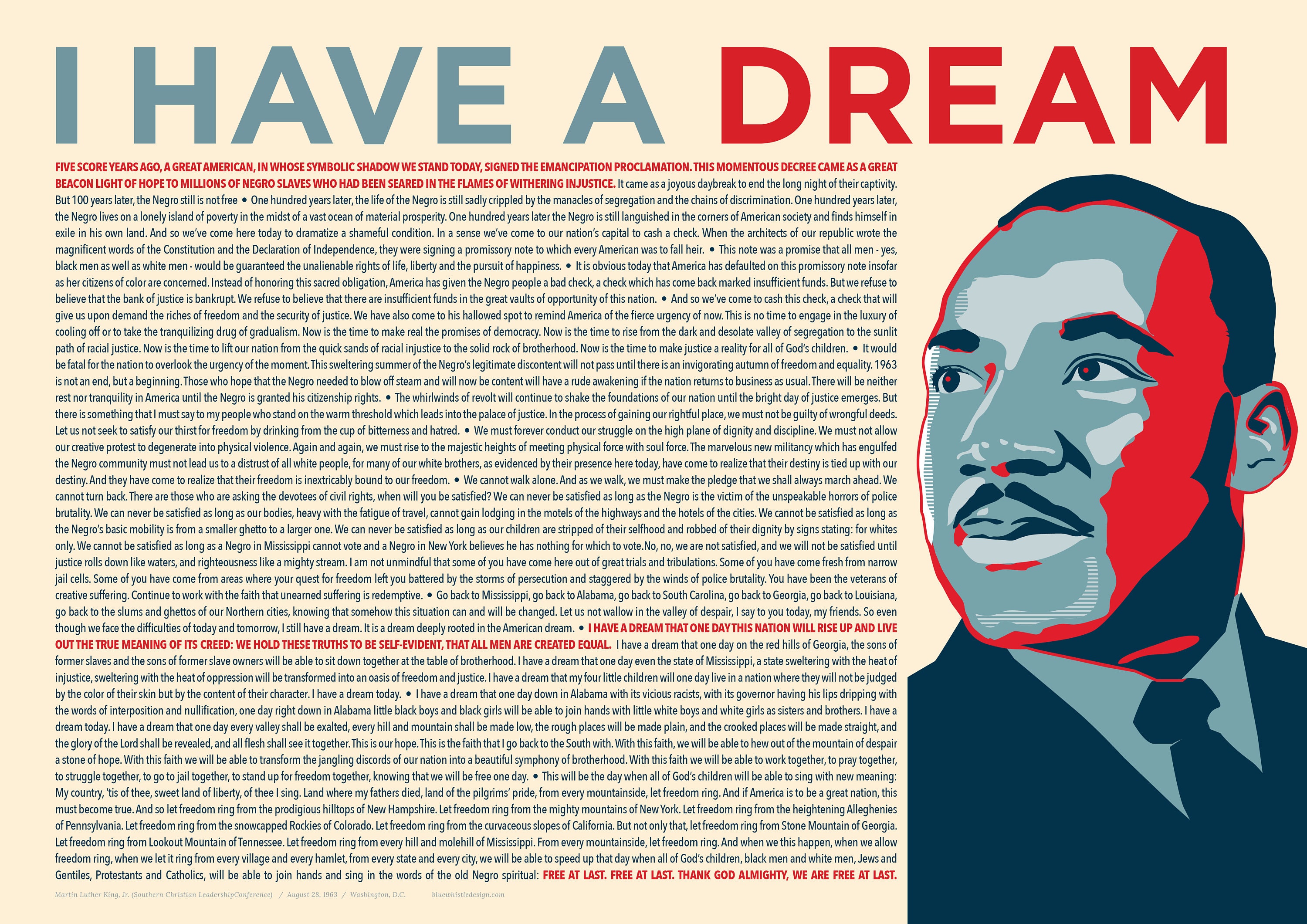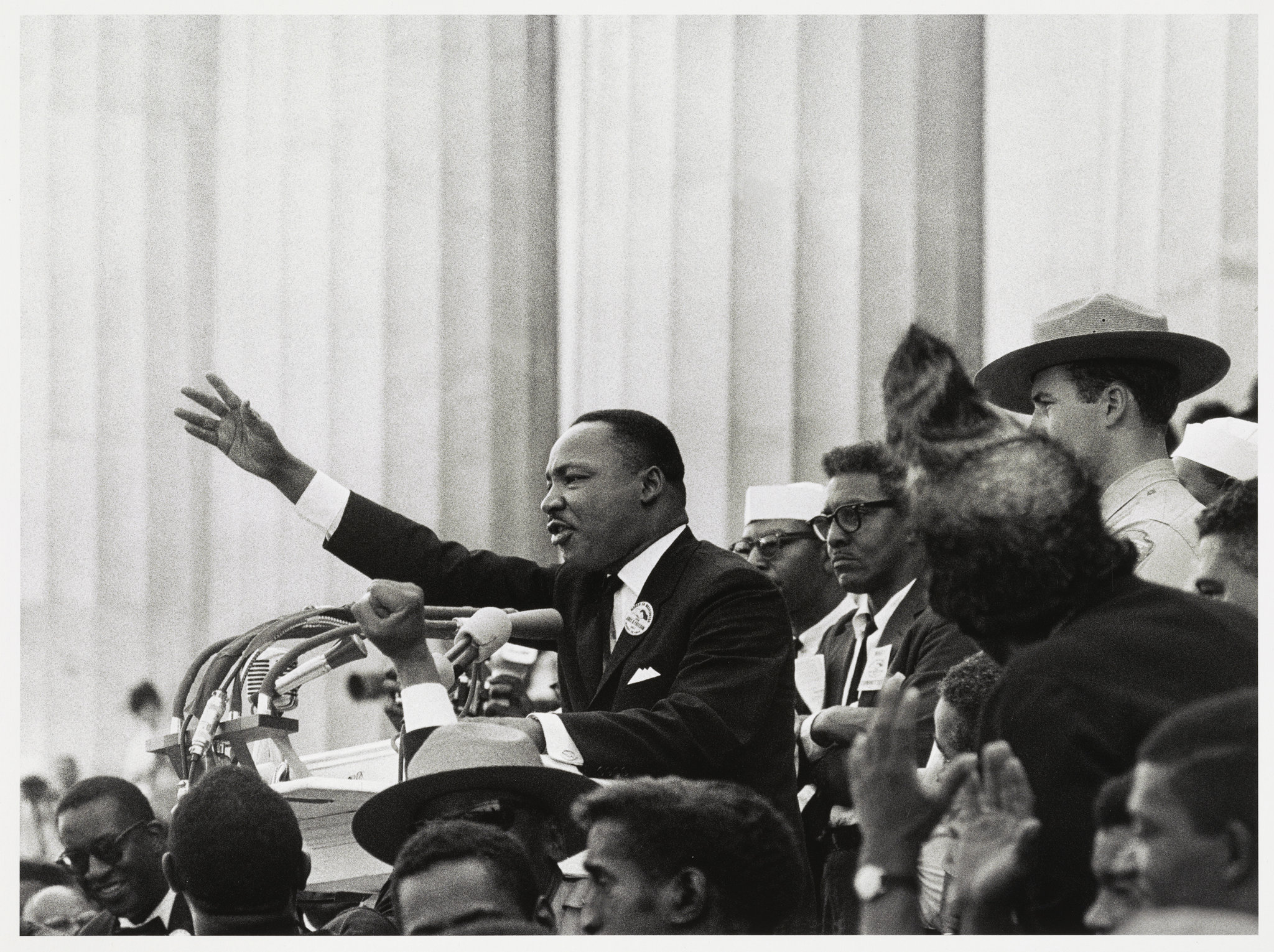Unveiling the Enduring Power of Martin Luther King Jr.'s "I Have a Dream" Speech: A Masterclass in Rhetoric and Social Change
The year was 1963, and the world was on the cusp of a revolutionary moment. Martin Luther King Jr.'s iconic "I Have a Dream" speech, delivered on the steps of the Lincoln Memorial in Washington D.C., marked a pivotal turning point in the Civil Rights Movement. As King's words echoed through the ages, they not only galvanized a generation of activists but also continue to inspire social justice movements around the globe. In this article, we'll delve into the timeless message of King's "I Have a Dream" speech, exploring its historical context, rhetorical genius, and enduring relevance in the modern era.
The speech, which lasted approximately 18 minutes, was a culmination of King's tireless efforts to promote nonviolent civil disobedience and racial equality. As the nation's largest civil rights organization, the Southern Christian Leadership Conference (SCLC), King had been working tirelessly to address the systematic injustices faced by African Americans. The "I Have a Dream" speech was a pivotal moment in this struggle, as it brought attention to the inherent dignity and worth of every individual, regardless of the color of their skin.
At its core, the speech was a call to action, urging Americans to work towards a world where "all God's children" could live in harmony and equality. King's eloquent and emotive delivery wove together themes of freedom, justice, and the American Dream, inspiring his listeners to strive for a better future. The speech's famous refrain, "I have a dream that one day this nation will rise up and live out the true meaning of its creed: 'We hold these truths to be self-evident, that all men are created equal,'" has become an indelible part of American cultural heritage.
Historical Context: The State of Racial Tensions in 1960s America
The 1960s were a time of great social upheaval in the United States, marked by widespread protests, marches, and activism. Racial tensions were at an all-time high, with the Civil Rights Movement seeking to challenge the deeply ingrained segregation and discrimination faced by African Americans. The passage of the Civil Rights Act of 1964 and the Voting Rights Act of 1965 marked significant milestones in the struggle for equality, but the road to justice was long and arduous.
King's speech was delivered on the anniversary of President Abraham Lincoln's Emancipation Proclamation, a turning point in the Civil War that had freed the nation's slaves but left many of the fundamental issues of racism and inequality unresolved. King's "I Have a Dream" speech acknowledged the nation's troubled past while affirming its untapped potential for progress and growth.
The Power of Rhetoric: King's Delivery and Discourse
King's delivery of the speech was a masterclass in rhetorical skill, as he wove together biblical allusions, personal anecdotes, and poetic imagery to convey a powerful message. His use of repetition, metaphors, and allusions created a sense of familiarity and shared experience, drawing his audience into a collective dream of a more just and equitable society.
The speech's famous "I Have a Dream" refrain, which has become synonymous with the Civil Rights Movement, was a key moment in the delivery. King's use of the first person singular created a sense of intimacy and personal connection, as if he were speaking directly to his audience. This created a powerful emotional resonance, as the listener felt a sense of ownership and responsibility for the vision of a better future.
Building a Movement: The Role of Rhetoric in Social Change
Rhetoric has long been recognized as a key component of social change, as it has the power to inspire, mobilize, and persuade individuals and groups towards a common goal. King's "I Have a Dream" speech was a testament to the power of rhetoric in shaping public opinion and influencing policy.
As a leader in the Civil Rights Movement, King understood the importance of effective communication in building a movement. He recognized that the speech would not only inspire his audience but also serve as a catalyst for action, as it galvanized support for the movement and brought attention to the issues faced by African Americans.
The Enduring Relevance of King's Message
The "I Have a Dream" speech's message of hope, justice, and equality continues to resonate with people around the world. The speech's themes of freedom, equality, and human dignity are timeless and universal, transcending cultural and national boundaries.
In the modern era, King's message remains relevant in the face of ongoing social and economic injustices. The Black Lives Matter movement, the Fight for $15, and the LGBTQ+ rights movement are just a few examples of contemporary social justice movements that draw inspiration from King's vision of a more just and equitable society.
Contemporary Applications of King's Message
The "I Have a Dream" speech's message has been applied in various contexts, from the courts to the streets. The speech's emphasis on nonviolent civil disobedience has inspired movements such as the Montgomery Bus Boycott and the Selma to Montgomery Marches.
In recent years, King's message has been invoked in debates around police brutality, racial profiling, and economic inequality. The speech's call to action, urging Americans to work towards a world where "all God's children" can live in harmony and equality, remains a powerful catalyst for social change.
Legacy and Impact: A Lasting Impact on American Society
The "I Have a Dream" speech's impact on American society has been profound and lasting. The speech's message of hope, justice, and equality has inspired generations of activists, leaders, and ordinary citizens.
The speech's legacy extends beyond the Civil Rights Movement, as it has influenced social justice movements
King Von Autospy
Lidia Curanaj
Marie Temara Fans
Article Recommendations
- Dididdy Pass Away
- Matthew Labyorteaux Net Worth
- Zoechip
- Eylon Levy Partner
- How Tall Iarleyhimkus
- Charissa Thompson
- Ella Purnell
- Camilla Araujo Fansd
- Michael Lavon Robinson
- Aishahofey Fansd



